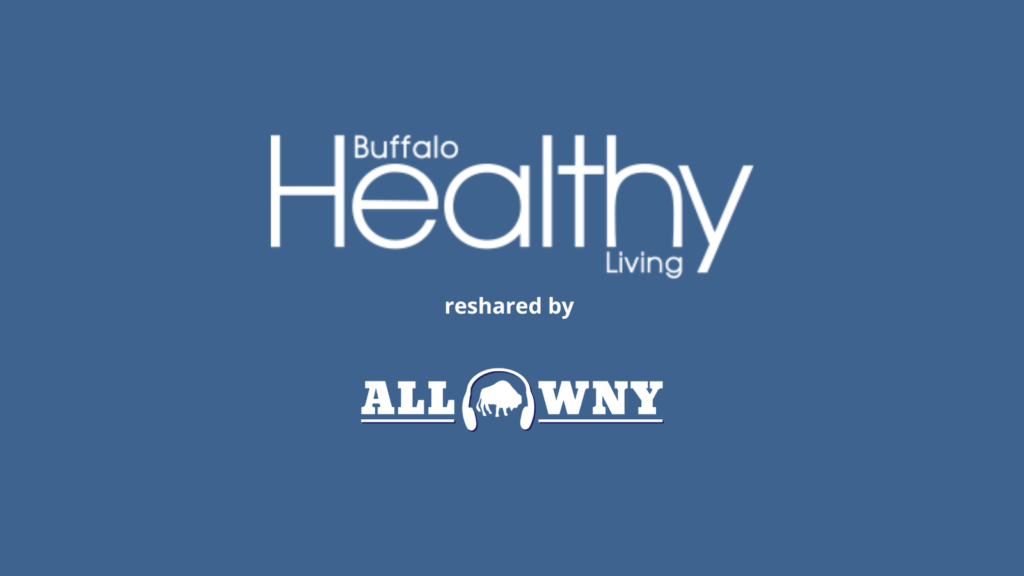
The new electric vehicle fleet charging lot on the North Campus is among the reasons UB ranks among the top 10 in the U.S. in Affordable and Clean Energy, according to this year’s Times Higher Education Impact Rankings. Photo: Douglas Levere
BUFFALO, N.Y. – The University at Buffalo ranks among the top 20 colleges and universities in the U.S. for reducing greenhouse gas emissions, working to alleviate poverty and enhancing global health through innovative research, according to the Times Higher Education (THE) Impact Rankings of sustainability measures.
THE ranked 2,526 universities from 130 countries or territories based on their progress toward the United Nations’ Sustainable Development Goals (SDGs). This year’s rankings were published June 18.
UB’s best ranking was in the Good Health and Well-Being category, where the university ranks among the top five in the U.S. This ranking recognizes UB’s impactful research on the key conditions and diseases that have a disproportionate impact on health outcomes across the world. It also measures universities’ efforts to support the health of students, faculty and staff, and support for health care professions such as through the School of Nursing’s new $34 million nursing simulation center that will advance cutting-edge nursing research, education and professional development.
UB is among the top 10 U.S. universities in the Climate Action category and was recognized for its efforts in addressing climate-related hazards, reducing greenhouse gas emissions and integrating climate change mitigation into their operations and programs.
Toward that end, in the spring, UB announced a commitment to reduce greenhouse gas emissions by purchasing high-quality carbon credits, becoming the first SUNY institution to do so. UB’s carbon credit strategy aims to offset greenhouse gas emissions from directly financed air travel for activities such as research trips for faculty, conferences for employees, and travel for athletic teams.
The ranking also notes UB’s impactful research on climate change, which includes funding from the National Oceanic and Atmospheric Administration (NOAA) to better understand how climate change may impact Buffalo and New York State by studying climate resilience in Alaska.
UB is also among the top 10 in the U.S. in the Affordable and Clean Energy category. This category recognizes UB for its commitment to developing and promoting sustainable energy services, enhancing energy efficiency and fostering investments in energy infrastructure.
UB has achieved the latter by creating a Clean Energy Master Plan that aims to phase out the use of natural gas and decarbonize other fossil fuel sources. Work has already begun on the South Campus with Foster and Crosby halls being completed and initial funding acquired for the Parker Hall Clean Energy Hub. Similar efforts are also underway on the North Campus, with a focus on transforming the central utility plant.
Also in the spring, UB rolled out the largest electric vehicle fleet charging lot among New York State colleges and universities.
The university also took steps to advance its commitment to clean energy through a variety of sources, including the 2022 installation of five solar arrays on university-owned land on the North Campus and four rooftop solar installations. Combined, these make UB one of the largest on-campus producers of renewable energy in the country.
UB is among the top 15 U.S. colleges that are making the greatest impact on alleviating poverty through rigorous research, innovative educational programs and strategic approaches to helping students in poverty, including offering extensive financial aid and implementing supporting learning environments.
UB also ranks among the top 15 in the U.S. in shaping resilient infrastructure and sustainable industrial practices, enhancing economic development and developing new technologies. Chi Zhou, PhD, associate professor in the Department of Industrial and Systems Engineering, is among the UB researchers whose work is helping promote sustainable industrialization. Zhou is pioneering the use of wheat straw as a sustainable alternative to traditional forms of thermal insulation for homes and commercial buildings.
This ranking also recognizes UB’s work in harnessing artificial intelligence for public good, including through the launch of the new Department of AI and Society this fall.
The Impact Rankings position UB among the top 20 in the U.S. in combatting world hunger through extensive research in food security and sustainable food practices.
These include efforts like nearly $800,000 in funding from the Robert Wood Johnson Foundation to researchers from the Food Systems Planning and Healthy Communities Lab in UB’s School of Architecture and Planning to explore the connections between data equity and food equity; separately, two UB faculty members are studying the effectiveness of innovative food prescription programs. That project is being led by Lucia Leone, PhD, associate professor in the Department of Community Health and Health Behavior in the School of Public Health and Health Professions, and Jill Tirabassi, MD, clinical assistant professor in the Department of Family Medicine in the Jacobs School of Medicine and Biomedical Sciences.
UB also ranked among the top 20 in the U.S. in the Sustainable Cities and Communities category.
The post UB Ranked Among Nation’s Best for Global Health, Climate Action & Sustainability Research appeared first on Buffalo Healthy Living Magazine.
UB Ranked Among Nation’s Best for Global Health, Climate Action & Sustainability Research

